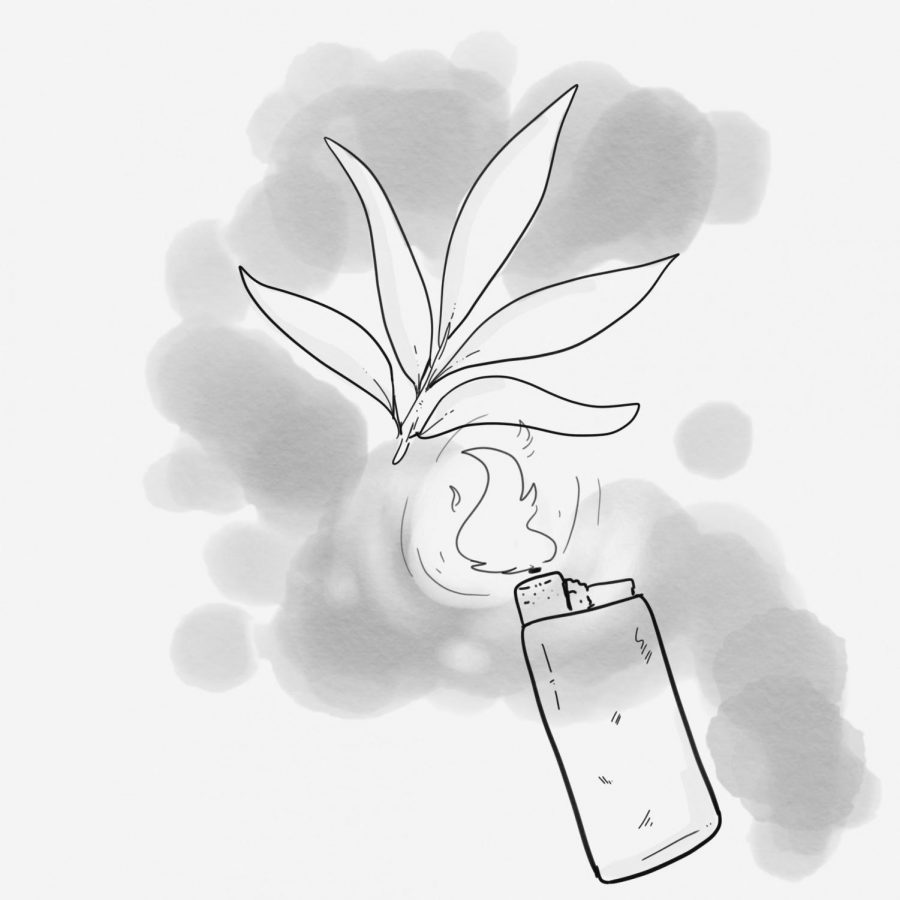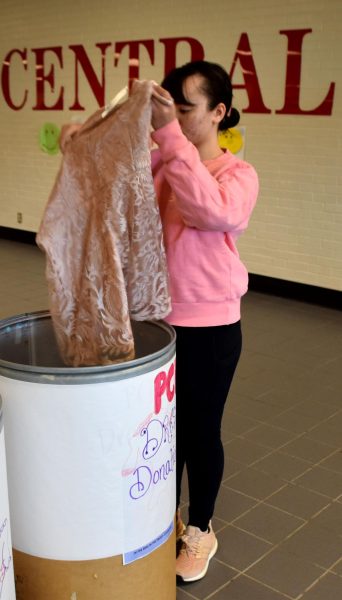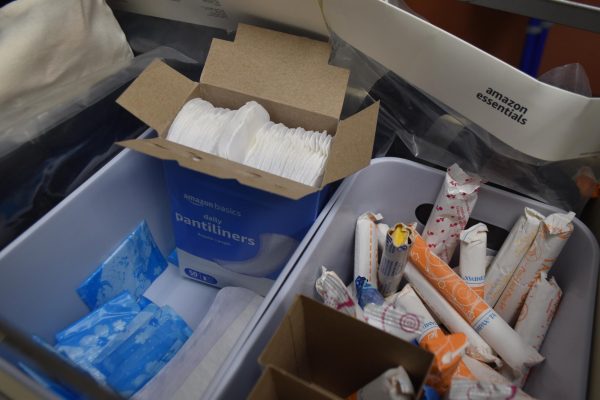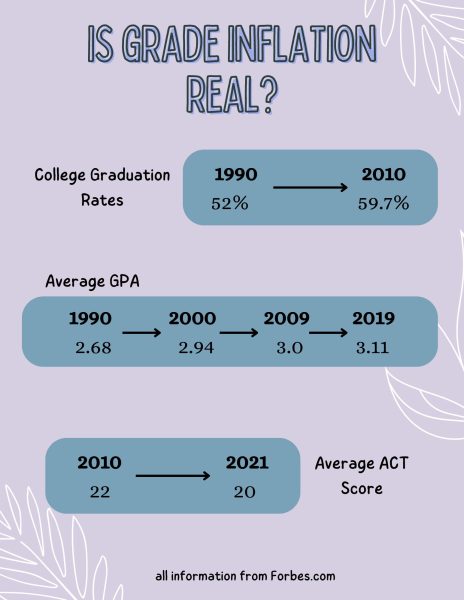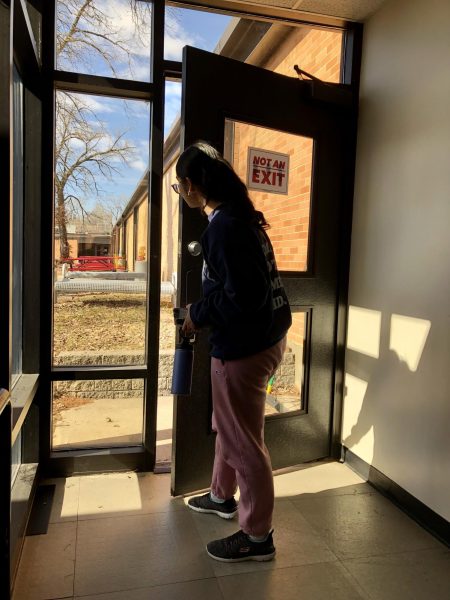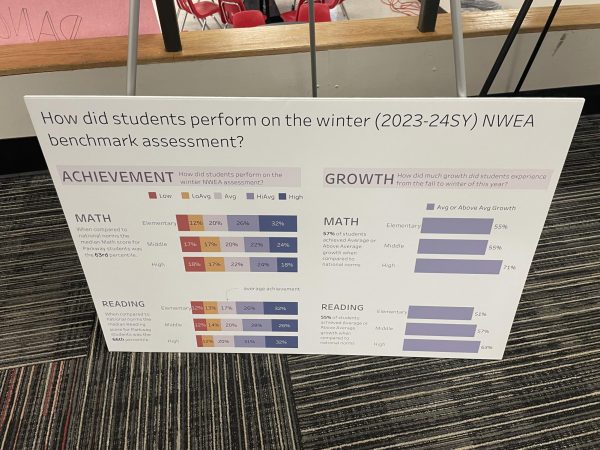MISSOURI’S MARIJUANA DEBATE
After partial legalization, what’s next for drug policy?
May 10, 2019
This November, over 65 percent of Missouri voters cast a ballot in favor of Amendment Two, legalizing medical marijuana throughout the state. According to the Springfield News-Leader, the Department of Health and Senior Services is in charge of managing the implementation of this Amendment. The DHSS began accepting applications for licenses to produce and distribute marijuana on Jan. 5, and intends to open a total of 192 marijuana dispensaries in Missouri. Now, many pro-legalization advocates have shifted their focus to legalization of growing and consuming the drug for non-medical purposes. But what are the implications of this amendment, and what does it mean for us?
Dan Viets, board member of the National Organization for the Reform of Marijuana Laws (NORML), has answers to these questions. Viets works as a lawyer in Columbia, Missouri, defending individuals accused of marijuana possession or distribution. “Years after I was out of college I went to law school; NORML is the reason I went to law school,” said Viets. “I wanted to represent people with marijuana charges and to be a more effective activist, a more effective reform advocate.”
Like many proponents of marijuana legalization, Viets recognizes the way that American drug policy systematically targets people of color.
“It’s shocking; it’s just outrageous. The arrest rate of black people is more than twice what it should be in terms of the proportion of the population,” Viets said. “Across the country, in many places it’s far worse. There’s no explanation; black people don’t use marijuana at any greater rate than white people.”
He’s right; in fact, according to the American Civil Liberties Union (ACLU) African Americans are 3.73 times more likely to be arrested for possession of marijuana despite using it at the same rate as whites. In Missouri in particular, the criminalization of this drug has become a tool used to fuel mass incarceration, devastating communities of color at a far greater rate than white communities.
Between 2014 and 2016, arrests for marijuana possession and sale rose by 19% in Missouri. According to the FBI, Missouri arrested 58,469 people between 2014 and 2016, making Missouri the state with the 5th most marijuana arrests. Additionally, individuals in low-income neighborhoods are often targeted.
“If you analyze the statistics about who gets arrested and goes to prison, I think you’ll find that poor people in general, of every ethnicity, do tend to get arrested at higher rates,” Viets said. “It’s very stark.”
Amendment Two attempts to take the first step towards solving these problems by legalizing the use of marijuana for medical purposes.
“I helped write the text of Amendment Two,” Viets said. “We spent a lot of time, dozens of conference calls, and we really listened to national experts, people we trusted.”
Proponents of Amendment Two hope that the legalization of medical marijuana will solve many of Missouri’s challenges around drug policy. For example, according to the Drug Policy Alliance, by legalizing marijuana, the government assumes a burden of responsibility to regulate the safety of marijuana products sold on the market. Product testing would become mandatory. When people illegally buy marijuana they risk ingesting traces of other, more harmful drugs, mainly because it could be “laced” with something more toxic. Were marijuana to be legalized, consumers could be certain of the purity and safety of the product.
Legalization would create lots of new jobs around the production, sale, and distribution of marijuana. The state and federal government can generate a lot of money by taxing marijuana products; that money can be used to expand public services or lower taxes on families. The state government will also waste less money on arrests and incarceration. That money can go towards other, more useful law enforcement strategies, especially considering that arrests do nothing to deter drug use.
Viets and his coworkers at NORML have taken steps to put that money to good use.
“One thing we did, for instance, is create a fund for veterans,” Viets said. “There’s a four percent sales tax on medical marijuana, and when that sales tax begins to be collected early last year, that will be enough money to really help out a lot of veterans; help them with healthcare, help them with housing, and things like that.”
Opponents of legalization point out the harmful physical effects of marijuana use. According to the National Institute of Health, marijuana consumption can lead to hallucinations, paranoia, and if smoked difficulty breathing. In addition, teens who use marijuana can permanently impair brain function and development.
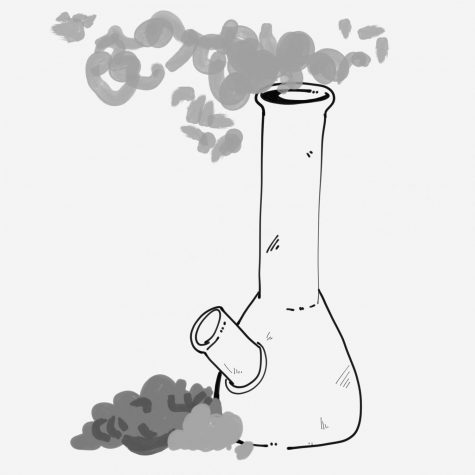
However, supporters of legalization note that unlike alcohol, marijuana is not physically addictive. Additionally, it is impossible to overdose on marijuana alone; that is, taking too much will not cause death. Breathing problems can easily be avoided by ingesting or inhaling rather than smoking the drug.
The National Institute of Health reports that marijuana users tend to have lower physical, mental, and social health compared to non-users, as well as lower life satisfaction. Nonetheless, “I just think it’s crazy that we lock up people in cells for using marijuana, as if they were horrible criminals. That’s exactly what the law in Missouri does,” Viets said. “You have people who have committed terrible crimes getting sentences that are no worse than marijuana users. I just think that’s horrible.”
Some worry that legalization will lead to higher rates of drug use overall. This is a common misconception; in reality, incarceration has done nothing to decrease drug use. According to a study by the US National Library of Medicine, prison time has no value as a deterrent for would-be drug users.
Perhaps Missouri can learn from Colorado. According to Politico, “Two years after legal sales of recreational marijuana began in Colorado, the biggest fears that once preoccupied Denver city officials—higher crime, more drug use among teens and a drag on tourism—have not come to pass. Instead, the expanded industry […] has pumped millions of dollars into government coffers. It’s swathed the city in a trendy glow that likely attracts as many outsiders as it repels.”
So, what’s next for Missouri? A record number of new legislation regarding the legalization of marijuana has been proposed in the state legislature, according to the Springfield News-Leader. Senate Bill 2, proposed by Senator Shalonn Curls of Kansas City would give an advantage to women and people of color who apply for a marijuana distribution license. House Bill 292, proposed by Representative Barbara Washington, would expunge marijuana offenses. Anyone with convictions for possession of marijuana under 35 grams between 1997 and 2019 would have that conviction removed from the record.
Both of these bills were written by Democrats, but some Republicans have gotten on board as well. Representative Nick Schroer, a Republican from St. Charles County, proposed House Bill 238. If passed, the bill would prevent Missouri from sharing the list of individuals with a medical marijuana card. Thus, the state government could not report marijuana users to the federal government.
Finally, House Bill 157 was proposed by Representative Brandon Ellington, another Kansas City Democrat. The bill would broaden the legalization of marijuana to extend beyond medical purposes. Adults 21 and older could consume marijuana, sell up to two grams of cannabis, and own up to six marijuana plants provided that they remain indoors.
Although the bill will almost certainly be defeated, it could be a glimpse of what’s to come. Just ten years ago, no one would have believed that Missouri would ever legalize medical marijuana. Perhaps complete legalization is in Missouri’s future. If so, it could be a huge step forwards for criminal and racial justice.


